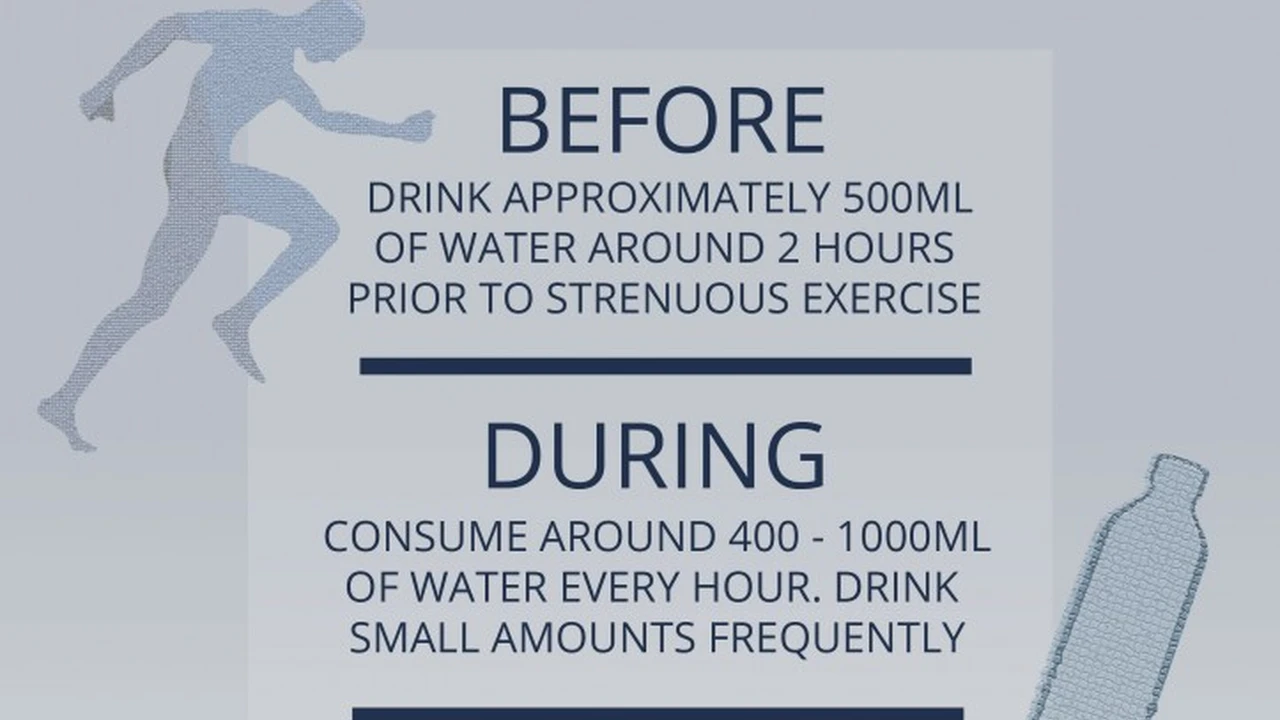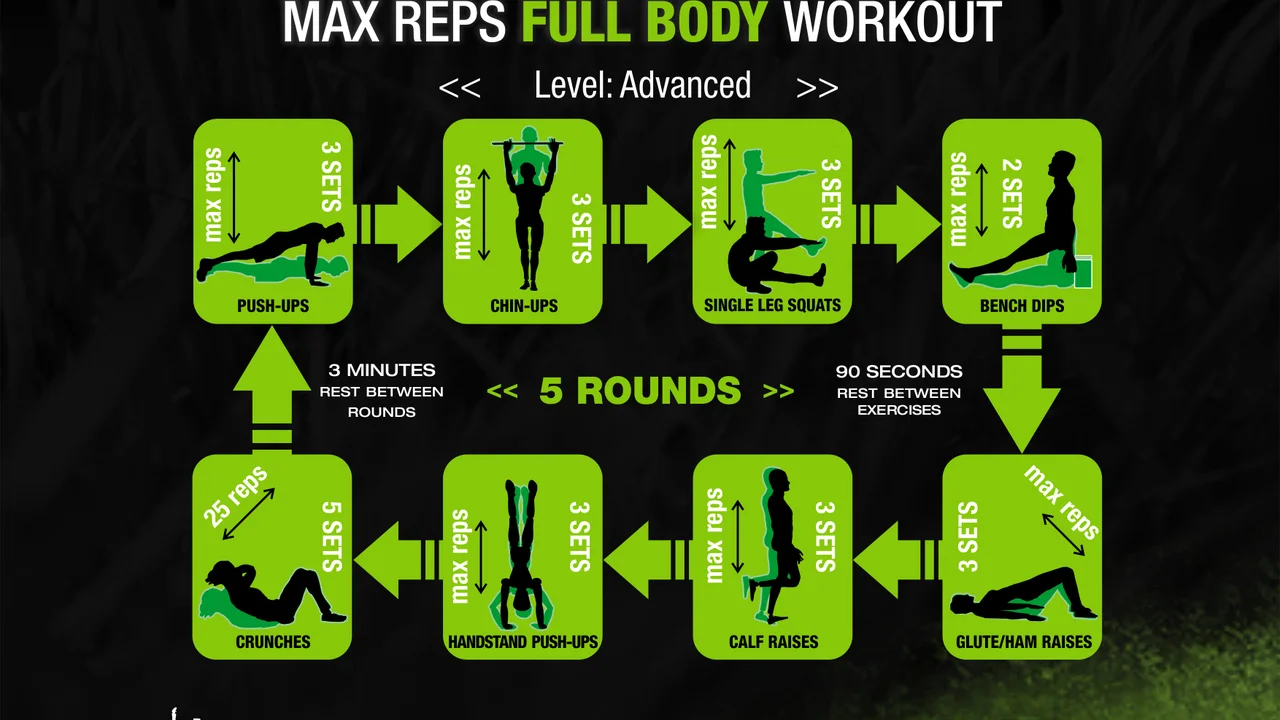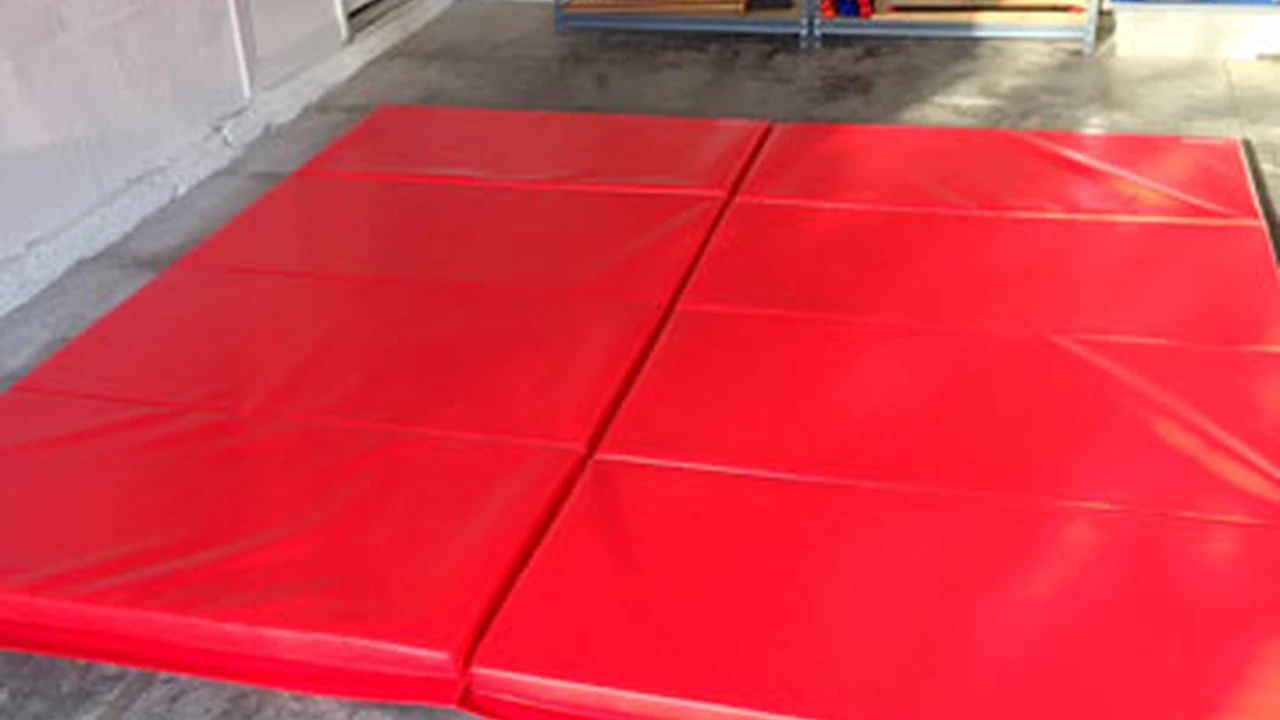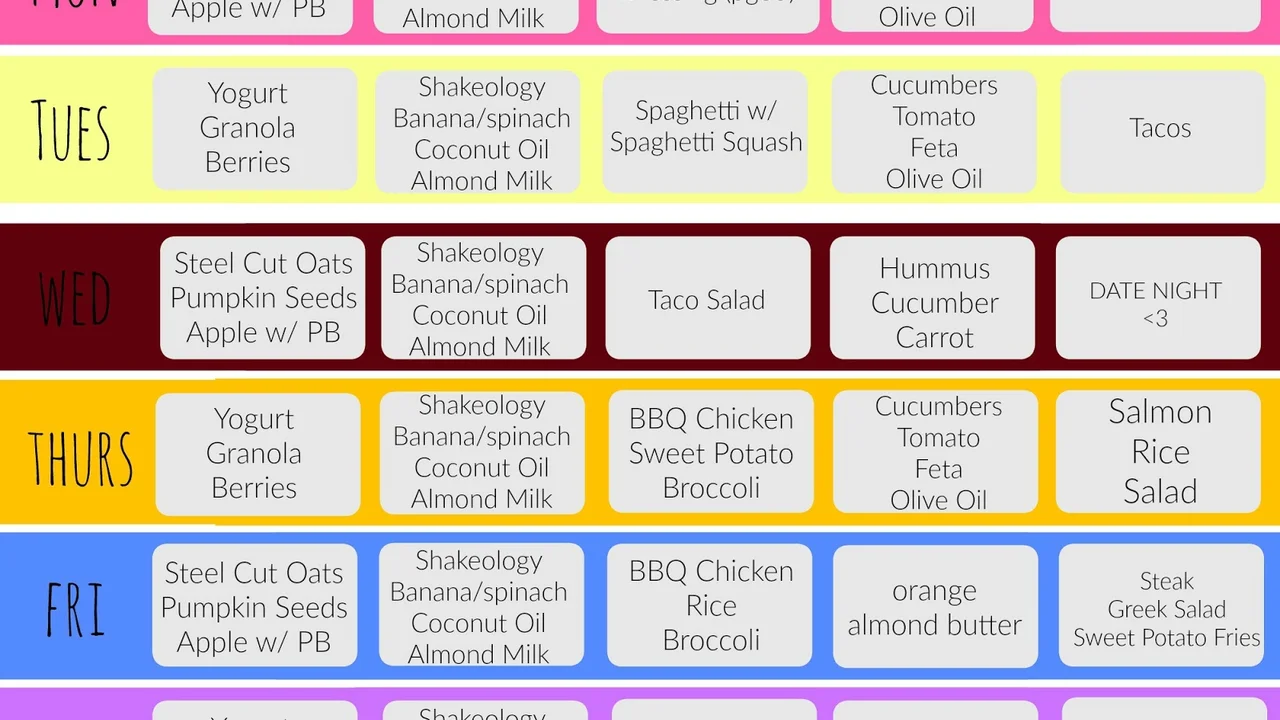Hydration for Street Workout_ Staying Hydrated

Understanding the Nutritional Needs of Street Workout Athletes
Street workout, also known as calisthenics, is a physically demanding discipline that relies heavily on bodyweight exercises. Unlike traditional weightlifting, street workout emphasizes functional strength, endurance, and agility. This unique combination of physical demands requires a specific nutritional approach to optimize performance, recovery, and overall health. Neglecting nutrition can lead to fatigue, muscle breakdown, and increased risk of injury. Therefore, understanding the key nutritional principles for street workout athletes is crucial for achieving peak performance and long-term success.
The Importance of Macronutrients for Street Workout Performance
Macronutrients – carbohydrates, proteins, and fats – are the building blocks of a healthy diet and play vital roles in fueling athletic performance. For street workout athletes, the balance and timing of these macronutrients are particularly important.
Carbohydrates: The Primary Energy Source
Carbohydrates are the body's primary source of energy, especially during high-intensity activities like street workout. They are broken down into glucose, which is then used to fuel muscle contractions. Consuming adequate carbohydrates ensures that your muscles have sufficient energy to perform at their best. The amount of carbohydrates you need will depend on your training intensity and duration. Complex carbohydrates, such as whole grains, fruits, and vegetables, should form the foundation of your carbohydrate intake. These provide sustained energy and are rich in essential vitamins and minerals. Simple carbohydrates, like those found in sugary drinks and processed foods, should be consumed sparingly, as they can lead to energy crashes and negatively impact performance.
Protein: Building and Repairing Muscle Tissue
Protein is essential for muscle growth and repair. Street workout involves significant muscle breakdown, so consuming enough protein is crucial for recovery and adaptation. Protein is made up of amino acids, which are the building blocks of muscle tissue. When you consume protein, your body breaks it down into amino acids, which are then used to repair damaged muscle fibers and build new ones. Aim to consume a variety of protein sources, including lean meats, poultry, fish, eggs, dairy products, and plant-based sources like beans, lentils, and tofu. The timing of protein intake is also important. Consuming protein after a workout can help to accelerate muscle recovery and growth.
Fats: Supporting Hormone Production and Overall Health
Fats are often misunderstood, but they are essential for hormone production, nutrient absorption, and overall health. They also provide a concentrated source of energy. While it's important to limit saturated and trans fats, healthy fats, such as those found in avocados, nuts, seeds, and olive oil, should be included in your diet. These fats provide essential fatty acids that support hormone production, which is crucial for muscle growth and recovery. They also help to absorb fat-soluble vitamins and minerals, which are essential for overall health.
Optimizing Your Pre-Workout Nutrition for Street Workout Gains
What you eat before a workout can significantly impact your performance. The goal of pre-workout nutrition is to provide your body with the energy and nutrients it needs to perform at its best. This typically involves consuming a combination of carbohydrates and protein.
Pre-Workout Meal Ideas for Street Workout Athletes
Here are a few examples of pre-workout meals that are ideal for street workout athletes:
- Oatmeal with berries and a scoop of protein powder: Provides sustained energy and protein for muscle support.
- Banana with peanut butter: A quick and easy source of carbohydrates and healthy fats.
- Whole-wheat toast with avocado and an egg: Provides a combination of carbohydrates, protein, and healthy fats.
- Greek yogurt with fruit and granola: A good source of protein and carbohydrates.
The Importance of Timing Your Pre-Workout Meal
The timing of your pre-workout meal is also important. Ideally, you should eat your pre-workout meal 1-2 hours before your workout. This allows your body enough time to digest the food and absorb the nutrients. If you're short on time, you can opt for a smaller, more easily digestible snack, such as a banana or a protein shake.
Post-Workout Nutrition Strategies for Muscle Recovery and Growth
Post-workout nutrition is just as important as pre-workout nutrition. The goal of post-workout nutrition is to replenish glycogen stores, repair muscle tissue, and reduce muscle soreness. This typically involves consuming a combination of carbohydrates and protein shortly after your workout.
Post-Workout Meal Ideas for Street Workout Athletes
Here are a few examples of post-workout meals that are ideal for street workout athletes:
- Protein shake with fruit: A quick and easy way to replenish glycogen stores and provide protein for muscle repair.
- Chicken breast with brown rice and vegetables: Provides a combination of protein and complex carbohydrates.
- Tuna salad sandwich on whole-wheat bread: A good source of protein and carbohydrates.
- Cottage cheese with fruit and nuts: Provides a combination of protein, carbohydrates, and healthy fats.
The Importance of Timing Your Post-Workout Meal
The timing of your post-workout meal is crucial. Ideally, you should eat your post-workout meal within 30-60 minutes after your workout. This is when your muscles are most receptive to nutrients and can best utilize them for recovery and growth. If you can't eat a full meal within this timeframe, a protein shake or a small snack can help to kickstart the recovery process.
Supplementation for Street Workout Athletes: What Works and What Doesn't
Supplements can be a helpful tool for street workout athletes, but they should be used strategically and in conjunction with a healthy diet. Not all supplements are created equal, and some are more effective than others. It's important to do your research and choose supplements that are backed by scientific evidence.
Creatine Monohydrate: Enhancing Strength and Power
Creatine monohydrate is one of the most well-researched and effective supplements for increasing strength and power. It works by increasing the availability of ATP, which is the primary energy source for muscle contractions. Studies have shown that creatine supplementation can lead to significant improvements in strength, power, and muscle mass. Product Recommendation: Optimum Nutrition Micronized Creatine Monohydrate Powder
Use Case: Take 5 grams of creatine monohydrate per day, either before or after your workout. It can be mixed with water, juice, or a protein shake. Product Comparison: Many creatine products exist. Optimum Nutrition is a reputable brand known for quality and purity. Other options include Creapure (a German-made creatine known for its purity) and various flavored creatine products. The benefit of unflavored micronized creatine like Optimum Nutrition's is its versatility and ease of mixing. Detailed Information: This product is available in various sizes, typically ranging from 300g to 1kg. A 300g container usually costs around $10-15. It's unflavored and micronized for easy mixing. It's important to stay hydrated when taking creatine.
Protein Powder: Conveniently Meeting Your Protein Needs
Protein powder is a convenient way to meet your daily protein needs, especially if you struggle to get enough protein from whole foods. There are many different types of protein powder available, including whey protein, casein protein, soy protein, and plant-based protein. Whey protein is the most popular type of protein powder due to its fast absorption rate and high bioavailability. Product Recommendation: Optimum Nutrition Gold Standard 100% Whey Protein
Use Case: Use one scoop (approximately 30 grams of protein) after workouts to aid muscle recovery. It can also be used as a supplement to meals to increase protein intake. Product Comparison: Gold Standard 100% Whey is considered a benchmark. Alternatives include Isopure (whey protein isolate, lower in carbs and fats) and plant-based options like Garden of Life Sport Organic Plant-Based Protein. The choice depends on dietary preferences and sensitivities. Whey protein is generally faster absorbing than casein. Detailed Information: Available in various sizes and flavors. A 5-pound tub costs around $60-80. Look for flavors that mix well with water or milk. Check the ingredient list for added sugars and artificial sweeteners if you're concerned about those.
Beta-Alanine: Buffering Muscle Fatigue
Beta-alanine is an amino acid that helps to buffer muscle fatigue by increasing levels of carnosine in the muscles. Carnosine helps to neutralize the buildup of lactic acid, which can contribute to muscle fatigue. Studies have shown that beta-alanine supplementation can improve endurance and reduce muscle fatigue during high-intensity exercise. Product Recommendation: NOW Foods Beta-Alanine Powder
Use Case: Take 2-5 grams per day, divided into multiple doses, to minimize the tingling sensation (paresthesia) that some people experience. Take it consistently for several weeks to see the full benefits. Product Comparison: Many brands offer beta-alanine. NOW Foods is known for its affordability and quality. SR Carnosyn is a patented form of beta-alanine that is claimed to be more effective. Detailed Information: Usually sold in powder form. A typical container costs around $20-30. The tingling sensation is harmless and usually subsides with continued use. Some pre-workout supplements already contain beta-alanine, so check the label before supplementing separately.
Caffeine: Enhancing Focus and Energy
Caffeine is a stimulant that can enhance focus, energy, and performance. It works by blocking adenosine, a neurotransmitter that promotes relaxation and sleepiness. Caffeine can also increase the release of adrenaline, which can further enhance performance. Product Recommendation: Prolab Caffeine Tablets
Use Case: Take 200-400mg of caffeine 30-60 minutes before your workout. Start with a lower dose to assess your tolerance. Avoid taking caffeine too close to bedtime, as it can interfere with sleep. Product Comparison: Caffeine is widely available in various forms, including coffee, tea, energy drinks, and supplements. Tablets offer a precise dosage. Be cautious with energy drinks, as they often contain high amounts of sugar and other stimulants. Detailed Information: Prolab Caffeine tablets are a simple and affordable option. A bottle of 100 tablets costs around $5-10. Be mindful of your overall caffeine intake throughout the day.
Supplements to Approach with Caution
Some supplements are marketed towards athletes but lack scientific evidence to support their claims. It's important to be wary of these supplements and to do your research before taking them. Some examples of supplements to approach with caution include:
- Testosterone boosters: Often contain ineffective ingredients or ingredients that can have negative side effects.
- Fat burners: Many fat burners contain stimulants that can be harmful to your health.
- SARMs (Selective Androgen Receptor Modulators): These are synthetic drugs that can have serious side effects and are often banned in competitive sports.
Hydration Strategies for Optimal Street Workout Performance
Hydration is crucial for optimal performance, especially during intense physical activity like street workout. Dehydration can lead to fatigue, muscle cramps, and decreased performance. It's important to stay hydrated throughout the day, especially before, during, and after your workouts. Refer back to the first article in this series for more details on hydration.
Sample Meal Plan for Street Workout Athletes
Here is a sample meal plan that can be used as a guideline for street workout athletes. The specific amounts of each food will vary depending on your individual needs and goals.
Meal 1 (Breakfast)
- Oatmeal with berries and a scoop of protein powder
- Glass of water
Meal 2 (Mid-Morning Snack)
- Greek yogurt with fruit and granola
- Handful of almonds
Meal 3 (Lunch)
- Chicken breast with brown rice and vegetables
- Glass of water
Meal 4 (Pre-Workout Meal)
- Banana with peanut butter
- Small protein shake
Meal 5 (Post-Workout Meal)
- Protein shake with fruit
- Small handful of nuts
Meal 6 (Dinner)
- Salmon with sweet potato and asparagus
- Glass of water
Key Takeaways for Street Workout Nutrition
Optimizing your nutrition is essential for achieving peak performance in street workout. By focusing on consuming adequate macronutrients, timing your meals strategically, and using supplements wisely, you can fuel your body for success. Remember to stay hydrated and to listen to your body's needs. Consulting with a registered dietitian or sports nutritionist can provide personalized guidance and help you to develop a nutrition plan that is tailored to your specific goals.
Fine-Tuning Your Nutritional Strategy for Long-Term Street Workout Success
Remember that nutrition is an ongoing process. As your training evolves and your goals change, your nutritional needs will also change. Regularly assess your progress and make adjustments to your diet as needed. Pay attention to how your body responds to different foods and supplements, and adjust your intake accordingly. Consistency is key when it comes to nutrition. By consistently following a healthy diet and staying hydrated, you can optimize your performance, recovery, and overall health for long-term success in street workout.
:max_bytes(150000):strip_icc()/277019-baked-pork-chops-with-cream-of-mushroom-soup-DDMFS-beauty-4x3-BG-7505-5762b731cf30447d9cbbbbbf387beafa.jpg)






